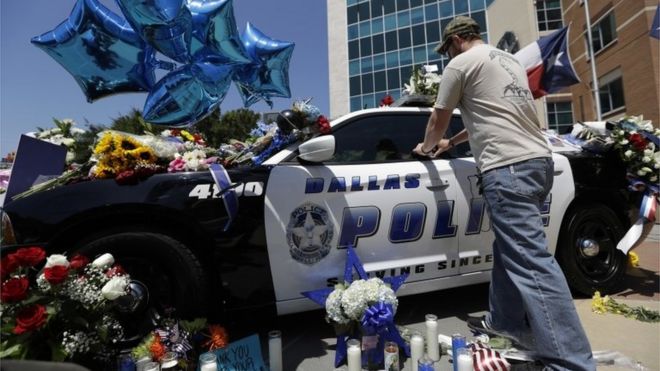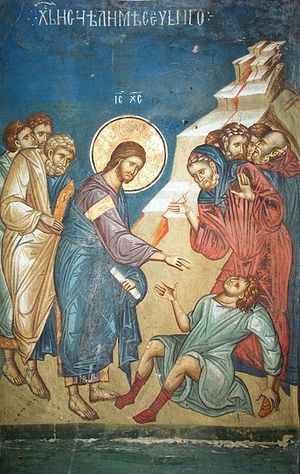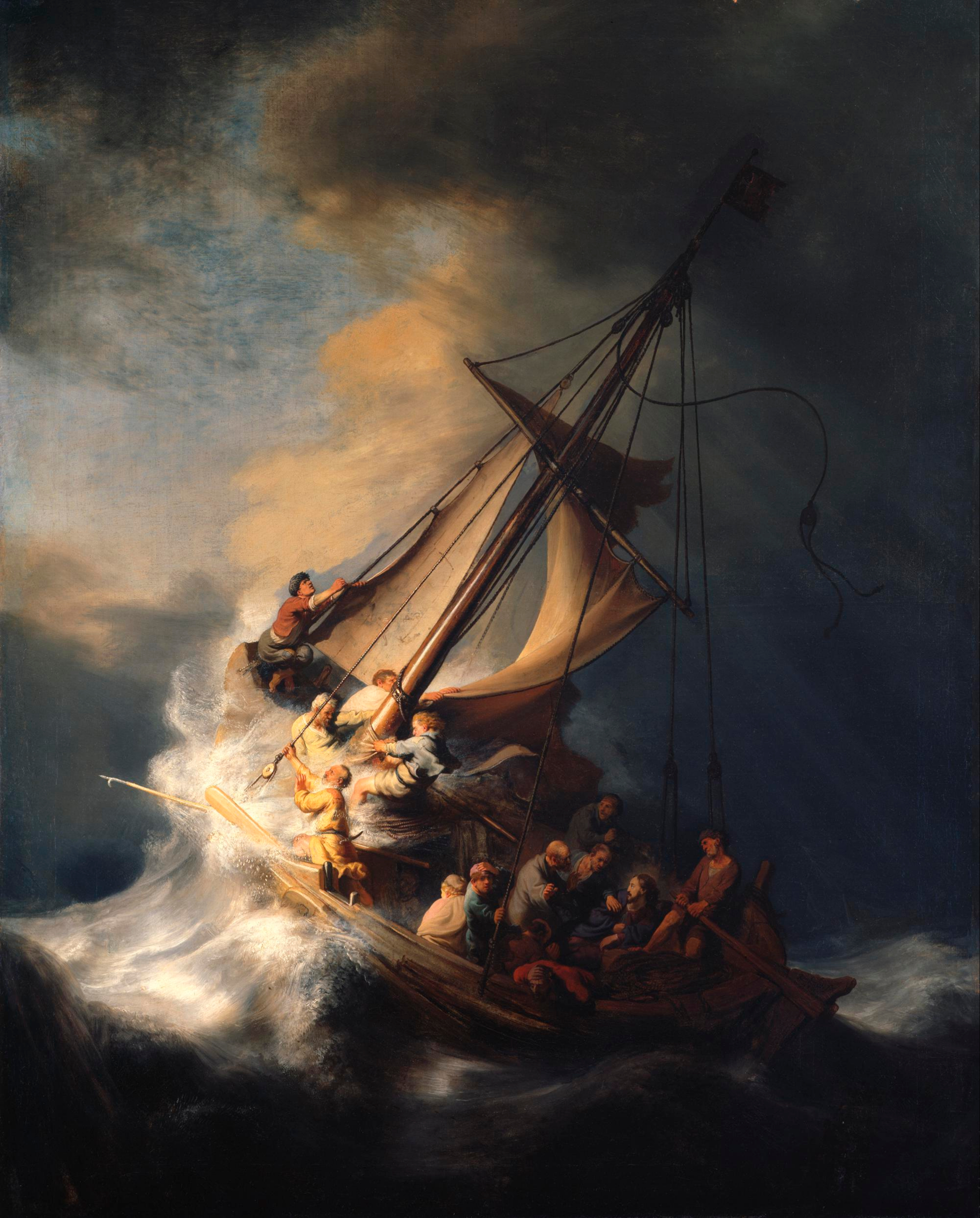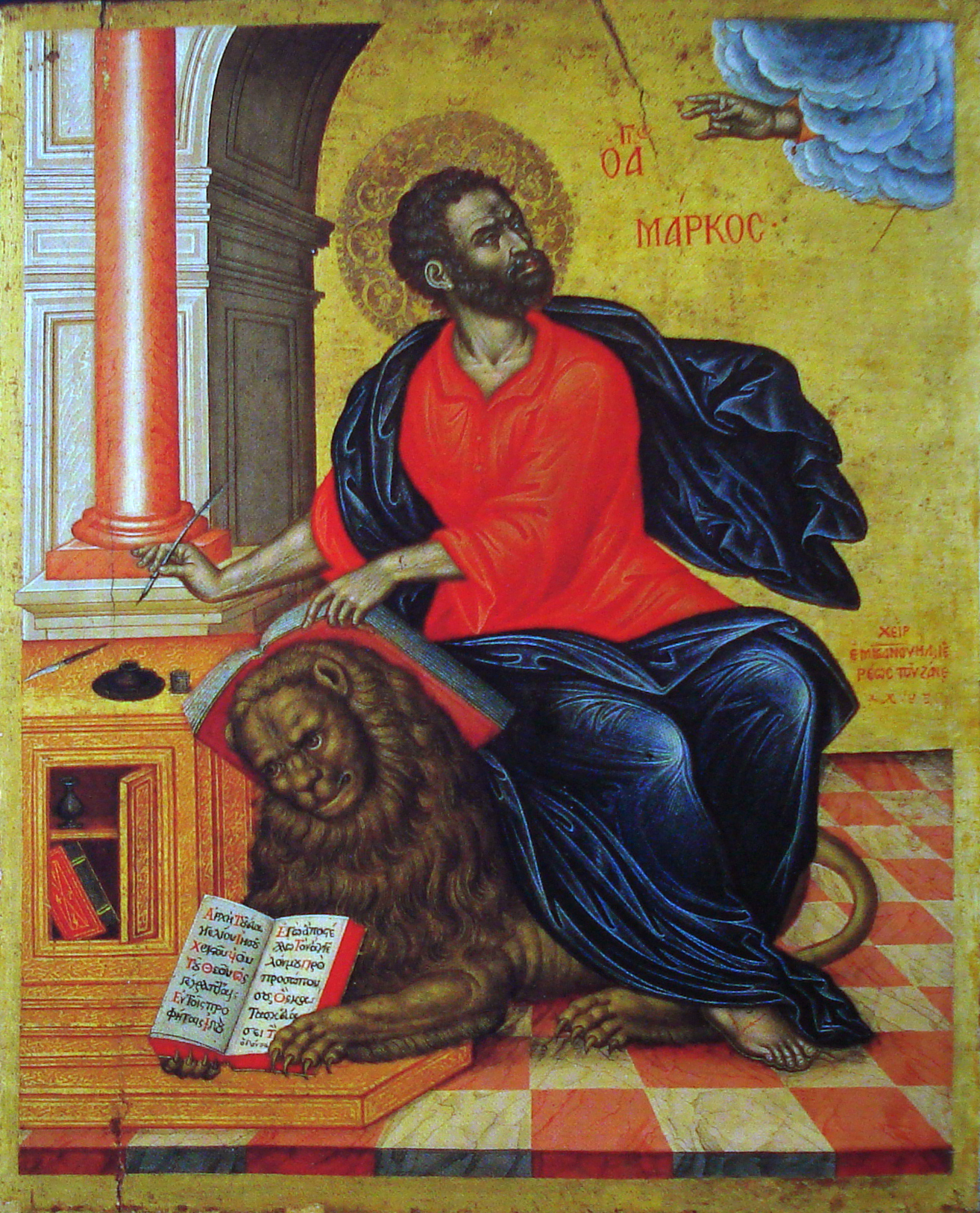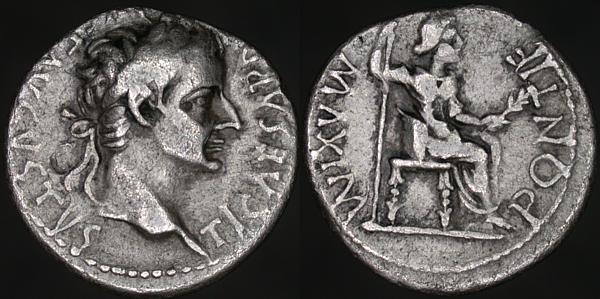A few days ago I was in Brussels, Belgium, being a tourist. It was a California-swimming-pool-blue sky day and I walked the city with my wife and her mother. We stopped in cafés and shops and museums and experienced the city as much as one can in two days.
We walked to a cathedral at the top of a hill, a massive building with twin column towers reaching to the sky. Flags lazily flapped in the breeze at the cathedrals highest point. I was sure the inside of this building would be as impressive as the outside. Having seen the cathedral in Cologne several times, I was anticipating a similar feeling of dumbfoundness when I walked inside the sanctuary.
I was disappointed when we couldn't find a single door that would open. We walked all the way around it. I tugged on a door with St. Peter carefully engraved on it, nothing. St George's door? Nope.
I was upset. And not just because St. George gets to be a Saint because he killed a dragon when we know there aren't such things as dragons. I was upset because I hate the idea of locked doors on churches. The only thing I hate more than locked churches are churches that charge admission, looking at you St. Mark's in Venice.
Later that evening we walked after dinner. I love to walk after dinner. It makes me feel like Woody Allen, but not like weirdo-maybe-pervert Woody Allen, but like cool-artist Woody Allen. Really more like a character in a Woody Allen movie. I love having a delicious meal with people I like and then walking with them, talking mostly about how good the meal was. It's one of the few distinctly urban experiences I enjoy. So we walked. We meandered through the skinny streets of the old town and then came upon a small square with cafés and bars (Brussels ain't running out of cafés or bars anytime soon) and there was a church in the middle of the square.
This church was old, sure, but not special. The outside of it looked like any number of churches in Europe. It could have been a small Catholic church in about 20 countries. Its door, however, was open. We walked up to it and were shocked. The inside was jammed with stuff. Just tons of things. This tiny church had paintings in gold frames all over the walls, a crucifix ten feet tall hanging in the entryway, and not one empty space. Individually, each piece of art was beautiful. Piled together with ninety other things and a giant shrine holding the bones of thirty or so martyrs, it just looked busy. We took off, overwhelmed.
Sometimes we can be closed off. Maybe full of truth and beauty, but unavailable to anyone. We have a lot of good ideas about God but don't ever share them. Or maybe we like our people, but don't want to be open to those people, whoever they are. We can be closed up cathedrals.
We can also be so full of stuff. We can let people in, only to show them everything we have immediately, scaring them off. We can be "vulnerable" but really all we mean is we are OK sharing a ton in small group or praying out loud. We over-share in an attempt to be more pious or to cover up what is really wrong. We pile religious things up in our lives, like they will help us.
I saw a refugee boat in the entryway of the Cologne cathedral a week ago. It was an actual boat, about 6 yards long, that had held 100 refugees on their quest for a new life. Many of those people had died on the journey, suffocated to death by the bodies of other refugees. Scared people looking for hope. Projected on the floor in front of the boat, it said "Christ sits in the refugee boat." Nothing in any church has moved me as swiftly and deeply as that image. I needed a moment. An empty boat tells a story of hope and loss and suffering and need. It asks for compassion and understanding and Love. Christ is there in it and in me. He is in the boat, and He is in me, so maybe I can see myself in the boat.
Not a closed cathedral, not a church full of religious trinkets, but a refugee boat might be the best image of Christ's love inspiring us to participate in His work. Let it be so.
We walked to a cathedral at the top of a hill, a massive building with twin column towers reaching to the sky. Flags lazily flapped in the breeze at the cathedrals highest point. I was sure the inside of this building would be as impressive as the outside. Having seen the cathedral in Cologne several times, I was anticipating a similar feeling of dumbfoundness when I walked inside the sanctuary.
I was disappointed when we couldn't find a single door that would open. We walked all the way around it. I tugged on a door with St. Peter carefully engraved on it, nothing. St George's door? Nope.
I was upset. And not just because St. George gets to be a Saint because he killed a dragon when we know there aren't such things as dragons. I was upset because I hate the idea of locked doors on churches. The only thing I hate more than locked churches are churches that charge admission, looking at you St. Mark's in Venice.
Later that evening we walked after dinner. I love to walk after dinner. It makes me feel like Woody Allen, but not like weirdo-maybe-pervert Woody Allen, but like cool-artist Woody Allen. Really more like a character in a Woody Allen movie. I love having a delicious meal with people I like and then walking with them, talking mostly about how good the meal was. It's one of the few distinctly urban experiences I enjoy. So we walked. We meandered through the skinny streets of the old town and then came upon a small square with cafés and bars (Brussels ain't running out of cafés or bars anytime soon) and there was a church in the middle of the square.
This church was old, sure, but not special. The outside of it looked like any number of churches in Europe. It could have been a small Catholic church in about 20 countries. Its door, however, was open. We walked up to it and were shocked. The inside was jammed with stuff. Just tons of things. This tiny church had paintings in gold frames all over the walls, a crucifix ten feet tall hanging in the entryway, and not one empty space. Individually, each piece of art was beautiful. Piled together with ninety other things and a giant shrine holding the bones of thirty or so martyrs, it just looked busy. We took off, overwhelmed.
Sometimes we can be closed off. Maybe full of truth and beauty, but unavailable to anyone. We have a lot of good ideas about God but don't ever share them. Or maybe we like our people, but don't want to be open to those people, whoever they are. We can be closed up cathedrals.
We can also be so full of stuff. We can let people in, only to show them everything we have immediately, scaring them off. We can be "vulnerable" but really all we mean is we are OK sharing a ton in small group or praying out loud. We over-share in an attempt to be more pious or to cover up what is really wrong. We pile religious things up in our lives, like they will help us.
I saw a refugee boat in the entryway of the Cologne cathedral a week ago. It was an actual boat, about 6 yards long, that had held 100 refugees on their quest for a new life. Many of those people had died on the journey, suffocated to death by the bodies of other refugees. Scared people looking for hope. Projected on the floor in front of the boat, it said "Christ sits in the refugee boat." Nothing in any church has moved me as swiftly and deeply as that image. I needed a moment. An empty boat tells a story of hope and loss and suffering and need. It asks for compassion and understanding and Love. Christ is there in it and in me. He is in the boat, and He is in me, so maybe I can see myself in the boat.
Not a closed cathedral, not a church full of religious trinkets, but a refugee boat might be the best image of Christ's love inspiring us to participate in His work. Let it be so.


